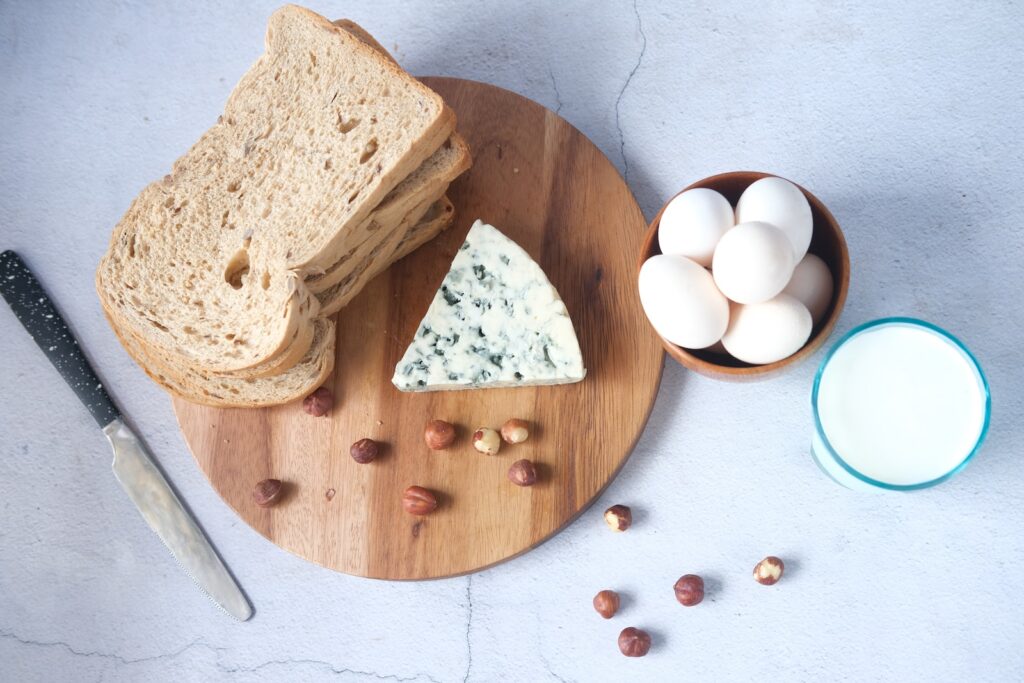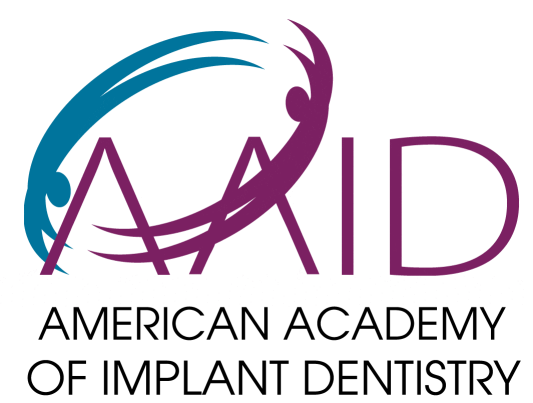Following dental implant surgery, you’ll receive specific dietary instructions—including temporarily avoiding dairy products. This restriction often surprises patients, but there are several important reasons behind this recommendation. Dairy products can interfere with certain antibiotics commonly prescribed after implant surgery.
Dental implants stand as a cornerstone in modern dentistry, providing a robust solution for missing teeth. The procedure involves embedding a titanium post into the jawbone, which later fuses with the bone to provide a stable foundation for the artificial tooth. Post-operative care is crucial to ensure the successful integration of the implant and to ward off any potential complications. One of the notable dietary restrictions during the recovery phase is the avoidance of dairy products. But what makes dairy a no-go post-implant? Let’s delve into the underpinnings of this dietary guideline.
The Science Behind No Dairy Post-Implant
The exclusion of dairy post-implant is not arbitrary but grounded in scientific reasoning. Dairy products, despite their nutritional benefits, have certain attributes that can be counterproductive during the healing phase:
- Inflammation: Dairy products can trigger inflammation, especially around the implant site, which could lead to implant failure.
- Blood Clot Formation: The richness of calcium in dairy might interfere with blood clot formation, a critical part of the initial healing process post-implant.
- Bacterial Growth: The lactic acid present in dairy products can encourage the growth of bacteria in the mouth, raising the risk of infection.
Let’s find out why we are the best Leesburg Dentist

Lactose Intolerance and Dental Implants
For many, the woes of lactose intolerance are a daily reality. The inability to digest lactose, a sugar found in milk and other dairy products, can cause discomforting symptoms like bloating, gas, and diarrhea. Post-implant, such symptoms are not only bothersome but potentially harmful. The pressure exerted due to bloating and gas can disturb the implant site, slowing down the healing process substantially.
Effects of Dairy on Blood Clotting
The clotting of blood at the implant site is a natural and necessary part of the healing process. It acts as a protective barrier, safeguarding the site from infections and aiding tissue regeneration. Dairy products, particularly due to their calcium richness, can impede this clotting process, thereby jeopardizing the healing of the implant.
The Role of Inflammation in Implant Healing
Inflammation is a double-edged sword; while it’s a part of the body’s natural healing process, excessive inflammation can be detrimental. Dairy, known for its inflammatory properties, can exacerbate inflammation at the implant site, potentially leading to implant failure. The inflammation could also cause discomfort and prolong the healing timeline, making the recovery more tedious and drawn-out.
The Microbial Aspect: Dairy and Oral Bacteria
The mouth is a bustling metropolis of microbes, and while many are benign or even beneficial, some can spell trouble, especially after a dental procedure like an implant. Dairy products, due to their lactic acid content, can provide a conducive environment for bacterial growth. Such microbial proliferation can lead to infections, which are the last thing one would want post a dental implant procedure. By curbing dairy intake, you essentially starve these potential troublemakers, ensuring a smoother healing trajectory.
Let’s find out why we are the best dentist in Ashburn, VA
Alternative Nutritional Sources
Ditching dairy, even for a brief period, might raise concerns about compensating for the nutritional gap, especially calcium and protein. Fear not, as there are ample alternatives:
- Plant-Based Milk: Almond, soy, and oat milk are excellent dairy substitutes.
- Leafy Greens: Kale and spinach are calcium-rich and great for overall health.
- Nuts and Seeds: Besides being protein-rich, they also provide a good amount of calcium.
- Fish: Certain fish like salmon and sardines are not only rich in protein but also calcium.
Exploring these alternatives not only adheres to the post-implant dietary guidelines but also paves the way for a balanced diet.
Real-life Cases of Dairy Impacting Implant Healing
While theoretical knowledge is pivotal, real-life cases provide tangible insight into the effects of dairy on dental implant healing. Numerous individuals have reported longer healing times or discomfort due to dairy consumption post-implant. Furthermore, some dental practitioners recount instances where a strict non-dairy regimen significantly expedited the healing process of their patients. These real-world examples underscore the importance of adhering to the dietary guidelines provided by your dental surgeon.
Expert Opinions and Recommendations
Expert opinions resonate with a common guideline: steer clear of the dairy post-dental implant. Renowned dentists emphasize the importance of following a tailored diet plan that excludes dairy, at least for the initial healing period. They also recommend engaging in regular follow-ups to monitor the healing progress and to ensure that the dietary guidelines are contributing positively to the recovery.
Conclusion
The journey of dental implant recovery is laden with several dos and don’ts, with dairy avoidance being a paramount one. The scientific rationale—ranging from inflammation control to bacterial growth curtailment—provides a solid backing for this dietary stipulation. Embracing alternative nutritional sources can ensure a balanced diet while adhering to the recovery guidelines. Your adherence to these dietary guidelines, coupled with regular follow-ups with your dental surgeon, paves the way for a seamless healing journey and long-term success of the dental implant.
FAQs
- How long should I avoid dairy after a dental implant procedure?
- The duration might vary, but generally, it’s advised to avoid dairy for the first few days post-implant.
- What other foods should I avoid post-implant?
- Foods that are hard, crunchy, or require a lot of chewing should be avoided to prevent any undue pressure on the implant site.
- Can I consume lactose-free dairy products post-implant?
- It’s advisable to discuss this with your dental surgeon as the avoidance of dairy is not solely due to lactose content.
- How can I ensure I’m getting enough calcium and protein while avoiding dairy?
- Incorporating alternative sources like leafy greens, nuts, seeds, and certain fish in your diet can compensate for the nutritional gap.
- Is it common to have dietary restrictions after dental procedures?
- Yes, dietary modifications are a common part of post-operative care to ensure optimal healing and to prevent complications.
- What are some signs that my implant site is not healing as it should?
- Persistent pain, swelling, or signs of infection are indicators that the healing process might not be on track and should be reported to your dental surgeon immediately.






